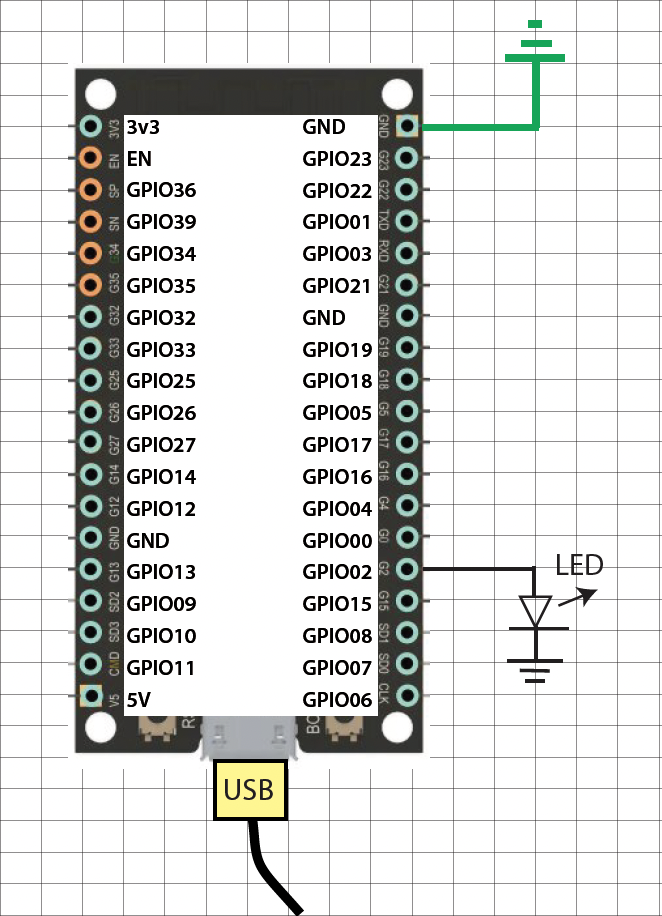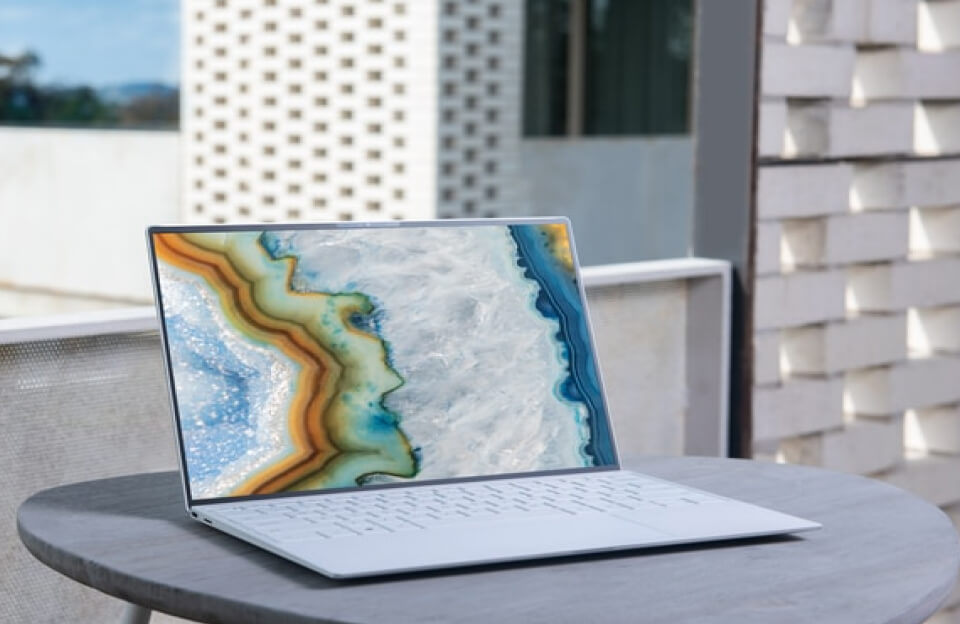Project: Controlling a Stepper Motor with ESP32
Components Needed:
1. ESP32 development board
2. Stepper motor (e.g., NEMA 17)
3. Stepper motor driver (e.g., A4988 or DRV8825)
4. External power supply (suitable for your stepper motor)
5. Breadboard and jumper wires
Wiring:
1. Stepper Motor Driver (e.g., A4988):
• VDD and GND: Connect to 3.3V and GND of ESP32 (or external power if required).
• VMOT and GND: Connect to the external power supply (check the motor specifications for the voltage).
• STEP: Connect to a GPIO pin on the ESP32 (e.g., GPIO 23).
• DIR: Connect to another GPIO pin on the ESP32 (e.g., GPIO 22).
• MS1, MS2, MS3: These pins can be used to set the step mode (full-step, half-step, etc.)—connect them to GND or 3.3V depending on the desired mode.
• Enable (if available): Connect to GND to enable the driver.
2. Stepper Motor:
• Connect the motor wires to the A4988 according to the driver’s datasheet.
———————————————————————————-
from machine import Pin
import time
# Define GPIO pins for stepper motor control
STEP_PIN = Pin(23, Pin.OUT)
DIR_PIN = Pin(22, Pin.OUT)
def step_motor(steps, direction, delay_ms):
"""
Move the stepper motor a specific number of steps.
:param steps: Number of steps to move
:param direction: Direction of rotation (True for one direction, False for the opposite)
:param delay_ms: Delay between steps in milliseconds
"""
DIR_PIN.value(direction) # Set the motor direction
for _ in range(steps):
STEP_PIN.value(1) # Step the motor
time.sleep_ms(delay_ms)
STEP_PIN.value(0) # Return to the base position
time.sleep_ms(delay_ms)
# Main loop
while True:
step_motor(200, True, 5) # Move 200 steps clockwise
time.sleep(1) # Pause for 1 second
step_motor(200, False, 5) # Move 200 steps counter-clockwise
time.sleep(1) # Pause for 1 second
———————————————————————————-
1. Imports:
• Pin from the machine module for GPIO control.
• time for delays.
2. Pin Definitions:
• STEP_PIN and DIR_PIN are used to control stepping and direction of the motor.
3. Step Motor Function:
• step_motor(steps, direction, delay_ms) controls the motor’s stepping:
• steps specifies the number of steps.
• direction is True or False for clockwise or counter-clockwise rotation.
• delay_ms is the time delay between steps.
4. Main Loop:
• Moves the motor 200 steps in one direction, waits for 1 second, then moves 200 steps in the opposite direction and waits again.
Additional Tips:
• Power Supply: Ensure your external power supply matches the voltage requirements of your stepper motor.
• Current Limit Adjustment: If using an A4988, adjust the current limit on the driver to match the motor’s specifications.
• Heat Management: The stepper motor driver may heat up during operation. Ensure proper ventilation or cooling.
This code should be saved and run on your ESP32 using Thonny or another MicroPython IDE. Adjust the GPIO pins if necessary based on your actual wiring.


